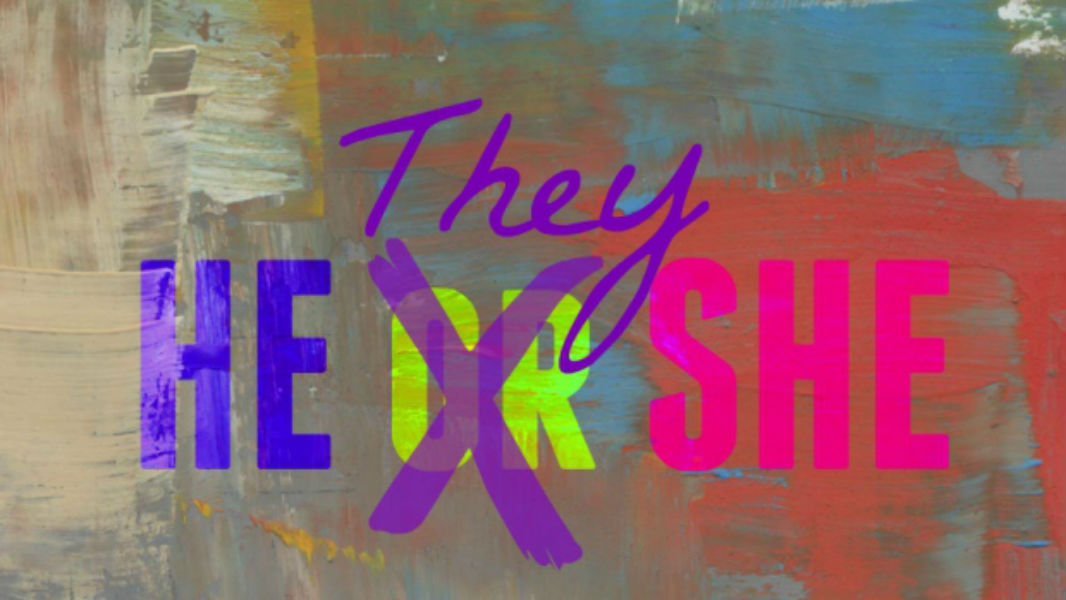
Break It to Them Gently
Lifestyle & Opinion April 21, 2016By Brittany Bryce
The English language was never equipped with a designated singular pronoun that was void of gender connotations. This wound up being a huge problem (surprise!) and lead to usage of the pronoun “they” as a singular antecedent; which consequently wound up making a lot of grammar nerds who are afraid of change very, very upset. No one knows why it took centuries for it to even be addressed, and most modern English speakers don’t think twice about using “they” in its singular form. Yet there are still some who hesitate to even consider it in fear of committing some unspoken grammatical felony. If it were the 14th century, singular they would probably be considered grammatically incorrect, but fortunately it’s 2016! As society grows and creates a demand for lingual adjustments, language will always yield to those who use it.
In fact, it wasn’t really until the 19th century that a bunch of wimpy grammar nerds decided to take up issue with the use of singular “they”. These folks found it too confusing to have a pronoun that could refer to both multiple people and a person of nondescript gender, and came to the conclusion that it was far easier and not at all sexist to use “he” as a neutral pronoun. Perhaps the most beautiful and poetic part of this entire androcentric notion was not only that it was entirely useless, but it proved to be more frustrating than its previous alternative. Hats off to these gentleman.
Looking even closer at the people who have a passionate contempt for the usage of singular “they”, it turns out that this refusal isn’t as much of a grammar issue as it is a social issue. Almost all modern English speakers use “they” and “them” as singular pronouns in everyday casual conversation, yet suddenly become rigid when someone asks to be referred to by only these pronouns. Spoiler alert: this phenomena occurs because of the western stigma against acknowledging anyone outside of the gender binary. Following the protocol for public hatred in the digital age, people have taken to social media in fierce protest of referring to anyone by these pronouns by request. A quick browse through Twitter will show these people using singular they unconsciously in the same breath that they’re trying to use to bash it. In spite of all the controversy regarding it, “they” was still named “Word of the Year” by the American Dialect Society, and while it prompted another slew of anger, this notion actually gained widespread support throughout the internet.
In retrospect, the English language could absolutely stand to have a free-standing neutral pronoun. Language has always evolved with time and adapted to fit the demands of modern communication, and it won’t be too long before we see new pronouns weave their way into dictionaries. A notion like that would end this endless bickering, and would make English a little less confusing than it currently is. In the meantime however, everyone should feel free to use “they” as a singular antecedent (Without risking a ruler against the knuckles from any 8th grade English teacher within earshot, of course).
Header image by (Fabiola Carletti/CBC).





